-
Announcement
-
Program
-
Venue
-
Keynote
-
Committees
-
Registration
-
Accommodation
-
Grants
-
Sponsors
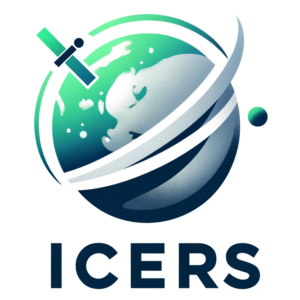
Following the successful and inspiring International Conference of Environmental Remote Sensing and GIS held in 2024, we are proud to invite you to join us at the second ICERS Conference in 2026. Having set high standards in knowledge exchange, we will once again bring together a global community of experts, academics, and enthusiasts in July 2026. ICERS serves as a unique meeting point for sharing the latest advancements and applied solutions in the fields of remote sensing and GIS, offering fresh perspectives on addressing complex environmental challenges. Special emphasis will be placed on geospatial solutions for climate change, sustainable development, and effective resource management. We invite you to engage in dynamic discussions shaping the future of our planet, with a particular focus on the transformative power of geospatial data. This conference provides an ideal platform for collaboration, strengthening partnerships, and presenting your latest research activities and projects at the global level. Announcement and call document.
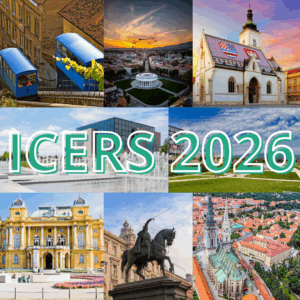
Conference deadlines:
1stFebruary 20261st March 2026 – Abstract submission- 1st April 2026 – Full paper submission (up to 8 pages)
- 1st May 2026 – Registration
- 1st - 3rd July 2026 – ICERS Conference (Zagreb, Croatia)
Conference topics:
- Remote Sensing for Environmental Monitoring
- GIS for Sustainable Development
- Disaster Management and Response
- Conservation and Biodiversity
- Innovations in spatial data-acquiring technologies
- Multicriteria decision-making and GIS
- Climate Change mitigation politics
- Data interoperability
- Artificial intelligence and big data
Conference date: 1st - 3rd July 2026
Conference venue: National and University Library, Hrvatske bratske zajednice 4, Zagreb, Croatia (45°47'48.2"N 15°58'39.1"E)
Organizer: University of Zagreb Faculty of Geodesy
Language: English
Conference fee:
| Regular | € 275,00 (VAT included)* |
| Student | € 185,00 (VAT included)* |
*The fee includes access to all sessions, access to the exhibition hall, daily b2b networking, lunch, coffee and a certificate of attendance.
Venue location map:
For any other questions and information contact us via mail: icers@geof.unizg.hr

Conference venue: National and University Library, Hrvatske bratske zajednice 4, Zagreb, Croatia.
The conference program will be released soon.

Conference date: 1st - 3rd July 2026
Conference venue: National and University Library, Hrvatske bratske zajednice 4, Zagreb, Croatia (45°47'48.2"N 15°58'39.1"E)
Organizer: University of Zagreb Faculty of Geodesy
Venue location map:
 Keynote lecture: Dr. Tomislav Hengl
Keynote lecture: Dr. Tomislav Hengl


![]()
Technical Director, OpenGeoHub foundation / Envirometrix Ltd, Doorwerth, Netherlands
Dr. Tomislav Hengl is the Technical Director at OpenGeoHub foundation and EnvirometriX Ltd with over 25 years of work experience in predictive soil mapping, geostatistics, GIS and remote sensing. He continuously runs hands-on-R training courses to promote use of Open Source software for spatial analysis / spatial modeling purposes. Current special interests are developing Machine Learning methods for spatial and spatiotemporal data primarily for the purpose of automated mapping / interpolation.
Keynote lecture title: "Future of Open Earth Observation and geospatial technologies in the time of AI and intelligent machines"

Keynote lecture: Prof. Wolfgang Wagner

![]()
Wolfgang Wagner, Professor of Remote Sensing at TU Wien and dean of the Faculty of Mathematics and Geoinformation, is internationally recognized for his pioneering work in physical modelling and geophysical parameter retrieval from remote sensing data, particularly using microwave scatterometers, Synthetic Aperture Radar (SAR), and lidar. After earning degrees in physics and remote sensing at TU Wien, he conducted research at institutions including NASA, ESA, and the European Commission before joining the German Aerospace Agency in 1999 and TU Wien in 2001. Co-founder of the EODC Earth Observation Data Centre, Wagner’s research has enabled operational soil moisture and flood monitoring services for EUMETSAT and Copernicus. He has held leadership roles in ISPRS and the GCOS/WCRP Terrestrial Observation Panel for Climate, and currently chairs the Aerospace Advisory Council of Austria’s Space Promotion Agency. His contributions have earned him the ISPRS Frederick J. Doyle Award and recognition as a Highly Cited Researcher in Geosciences (2018–2025).
Keynote lecture title: "Analysing Sentinel-1 data with AI models: What can go wrong?"
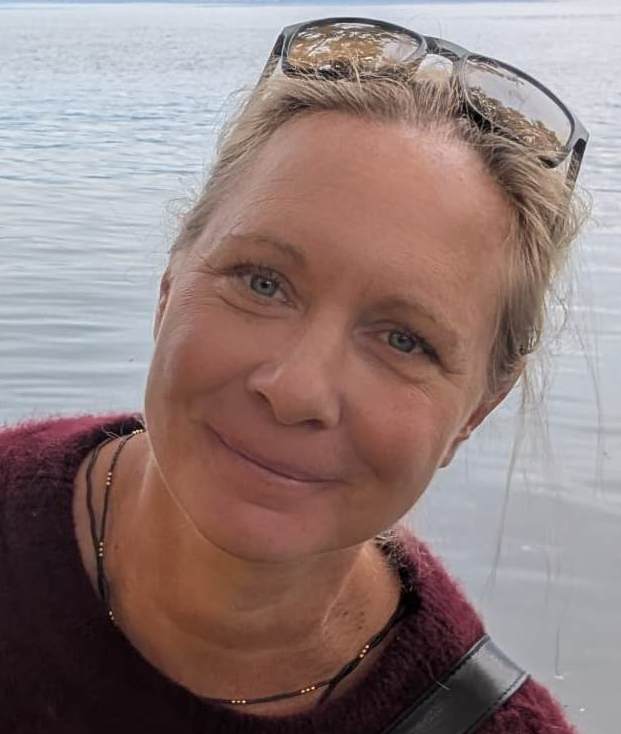
Keynote lecture: Prof. Dr. Claudia Kuenzer

![]()
Claudia Kuenzer is Professor of Remote Sensing at the Earth Observation Center, EOC, of the German Aerospace Center, DLR and at the University of Wuerzburg, Germany. Since 2015 she is head of the Department “Land Surface Dynamics” at EOC of DLR. Claudia is internationally recognized for her work on time-series driven parameter retrieval from remote sensing data, employing multispectral-, thermal- and SAR data. After earning degrees in Physical Geography at the University of Trier, Germany (Diploma), Western Washington University, USA (Graduate Studies), and Remote Sensing at TU Vienna, Austria (PhD), she conducted research at institutions including DFD of DLR, TU Vienna, Beijing Normal University, and the Institute of Remote Sensing Applications of CAS. Prof. Kuenzer received her habilitation from the University of Wuerzburg in 2016, and was founding member of the international Master Programme EAGLE (Earth Observation and Geoinformation for the Living Environment). She has acted in numerous committees, conference boards, summer schools, and review panels. Prof. Kuenzer currently supervises 15 PhD students and two habilitation candidates.
Keynote lecture title: "The Potential of Earth Observation Time Series for the Analyses of Land Surface Dynamics"

Scientific committee:
- Assoc. Prof. Mateo Gašparović (president), Croatia
- Prof. Geoffrey Henebry, USA
- Prof. Xinlian Liang, China
- Prof. Virginia Ruiz-Villanueva, Switzerland
- Assoc. Prof. Sudhir Kumar Singh, India
- Assoc. Prof. Gordana Kaplan, Turkey
- Dino Dobrinić, PhD, Croatia
- Iva Gašparović, PhD, Croatia
- Valentas Gružauskas, PhD, Lithuania
- Txomin Hermosilla, PhD, Canada
- Damir Klobučar, PhD, Croatia
- Katarina Pavlek, Ph.D, Croatia
- Ivan Pilaš, PhD, Croatia
- Ronald Pöppl, PhD, Austria
- Dorijan Radočaj, PhD, Croatia
- Imelda Somodi, PhD, Hungary
- Yongze Song, PhD, Australia
Organizing committee:
- Assoc. Prof. Mateo Gašparović (president)
- Prof. Mladen Zrinjski
- Assist. Prof. Sergej Baričević
- Dino Dobrinić, PhD
- Katarina Pavlek, PhD
- Ivana Jarak, MSc
- Klara Pejnović, MSc
- Filip Radić, MSc
- Katarina Barnjak, MSc
- Marijo Seničić, MSc
Registration and abstract submission
Full papers will be published after a double-blind review process. All accepted papers (up to 8 pages) will be published in conference proceedings. Presentation of the accepted papers is possible in person (Zagreb, Croatia).
Submission of abstracts is possible through the online form.
Registration for conference participation is available through the online form.
For any other questions and information contact us via mail: icers@geof.unizg.hr
The conference is organized as part of the project Assessment of the Long-term Climatic and Anthropogenic Effects on the Spatio-temporal Vegetated Land Surface Dynamics in Croatia using Earth Observation Data (ALCAR) funded by the Croatian Science Foundation.
Participation fee:
| Regular | € 275,00 (VAT included) |
| Student | € 185,00 (VAT included) |
*The fee includes access to all sessions, access to the exhibition hall, daily b2b networking, lunch, coffee and a certificate of attendance.
Due to the limited number of places, please register for participation as soon as possible to secure your place at the conference.
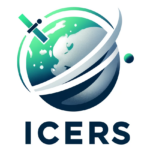
To ensure a comfortable stay during the conference, special promotional accommodation rates have been arranged with the listed hotels. These promotional rates are available for the period from 30 June to 4 July 2026.
Each participant is responsible for their own booking and payment. All necessary information regarding the promotional booking process will be provided once the conference registration fee has been successfully processed.
Due to limited capacity, we highly recommend registering and booking your accommodation as early as possible.
| Hotel |  / /   |
Distance |
| Zonar ★★★★ |
€ 111/121 | 19 min  |
| Blue ★★★★ |
€ 95/100 | 32 min  |
| Orient ★★★ |
€ 75/95 +more | 12 min  |
| Garden ★★★★ |
€ 98/105 | 20 min  |
| Central ★★★ |
€ 85/105 | 12 min  |
| Fala ★★ |
€ 75/90 +more | 6 min  |
*breakfast is included in all listed prices
*all prices are quoted per night
*tourist tax is not included in the quoted prices
To enable students and PhD students to participate in the conference under financially affordable conditions, we have secured a limited number of accommodation places in student dormitories in Zagreb (approximately 30 places). An overview of the available student dormitories and nightly rates is provided in the table below.
Detailed information regarding the reservation procedure will be provided after the conference registration fee has been confirmed.
| Student dormitory |   |
Distance |
| Cvjetno naselje | € 15 | 32 min  |
| Stjepan Radić | € 15 | 29 min  |
 - single room
- single room

 - double room
- double room
 - tram distance
- tram distance
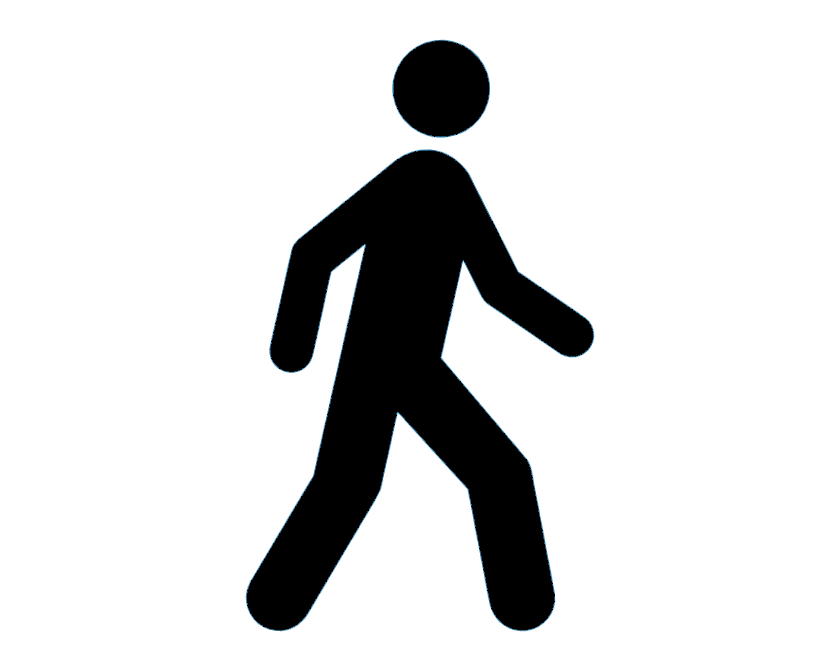 - walking distance
- walking distance
Travel Grant Announcement
We are pleased to announce that a limited number of travel grants will be available to support PhD students and young scientists attending the conference. Travel grants are intended to encourage the participation of PhD students and young scientists by reducing the financial barriers associated with attending the event.
Application Details:
Travel grants are available exclusively to PhD students and young scientists (under 35 years old) whose full paper has been accepted. Travel grants cover the registration fee and accomodation costs for 4 nights in Hotel International Zagreb (30 June - 4 July, breakfast included).
Eligible authors can apply for a travel grant via the online form until 1 April 2026. Applicants must have:
1. received a positive decision on the acceptance of their abstract, and
2. submitted their full paper to ICERS 2026.
The documents required in the form are a cover letter, a letter of institutional support, CV and a document verifying student status or date of birth.
Applications for travel grants submitted without the full paper will not be considered.
The decision on travel grant awards will be announced on 1 May 2026.
We encourage all PhD students and young scientists who submitted abstracts to consider applying for the travel grant.
Please complete the Travel Grant Submission to be considered.
Gold sponsors:
Silver sponsors
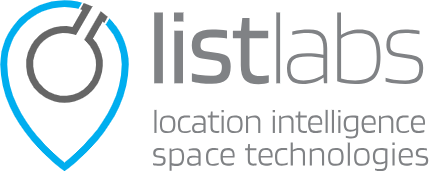
Bronze sponzors:


